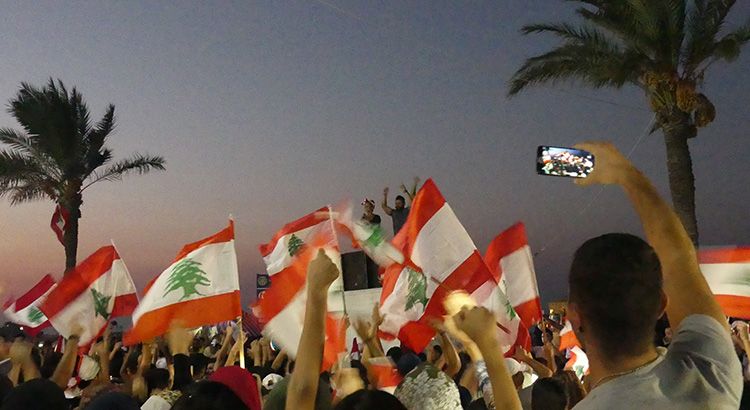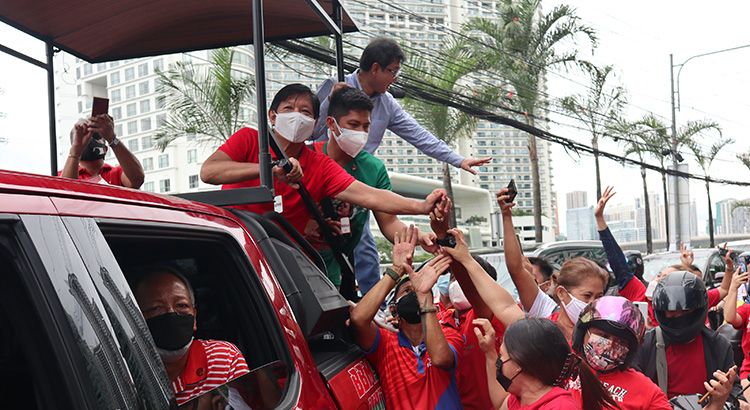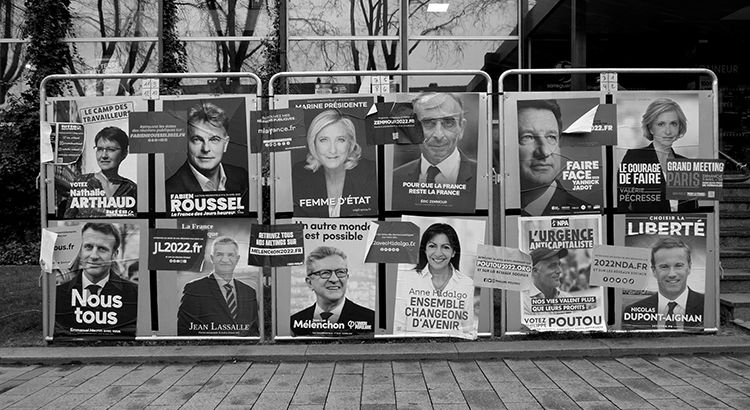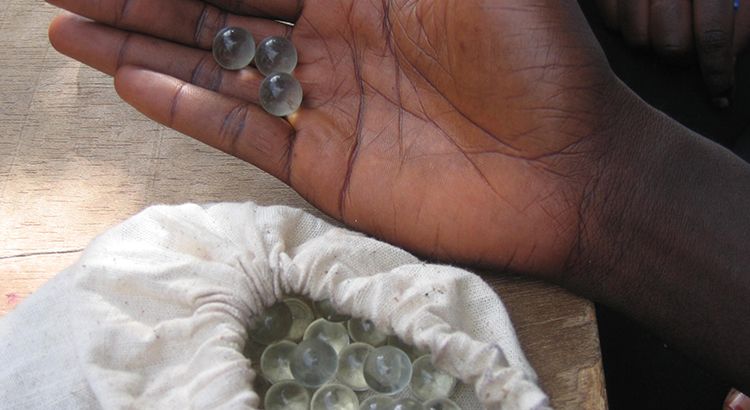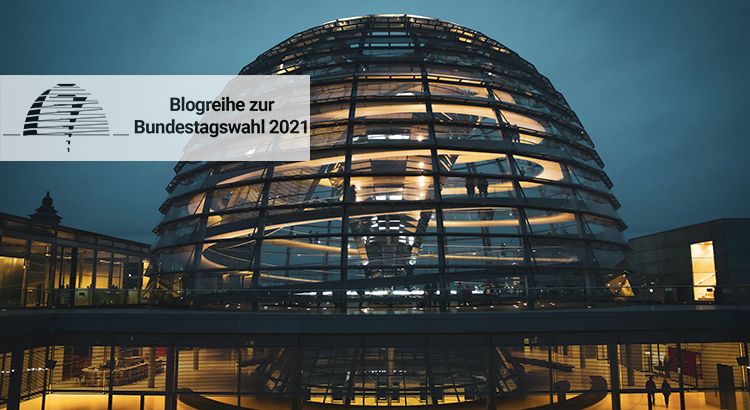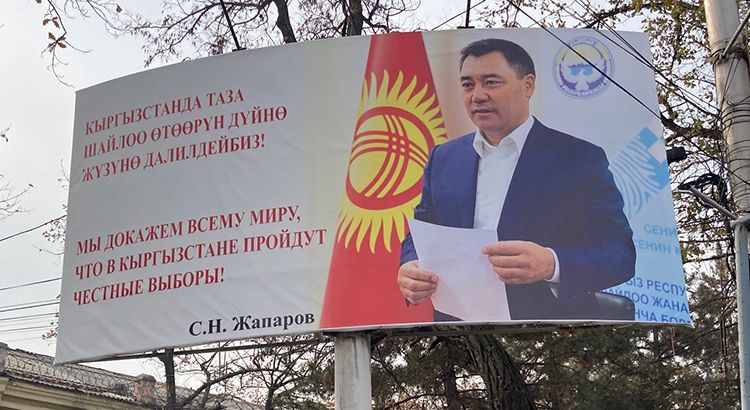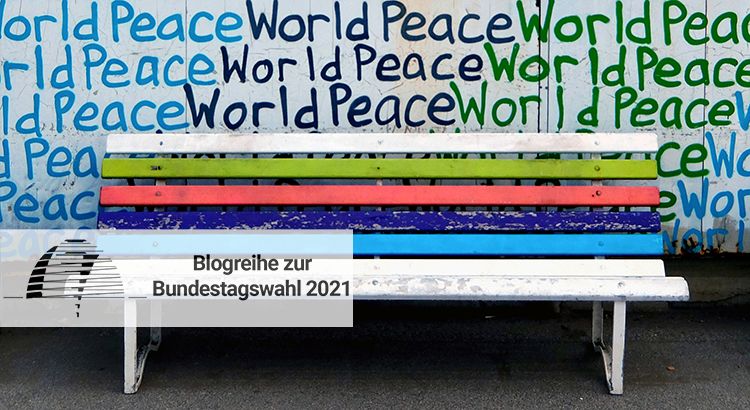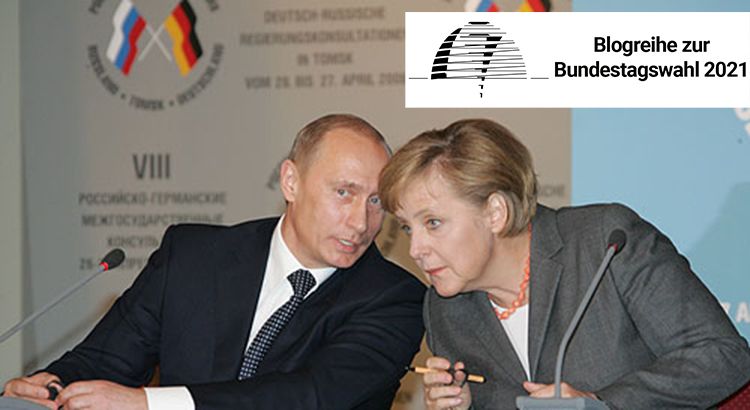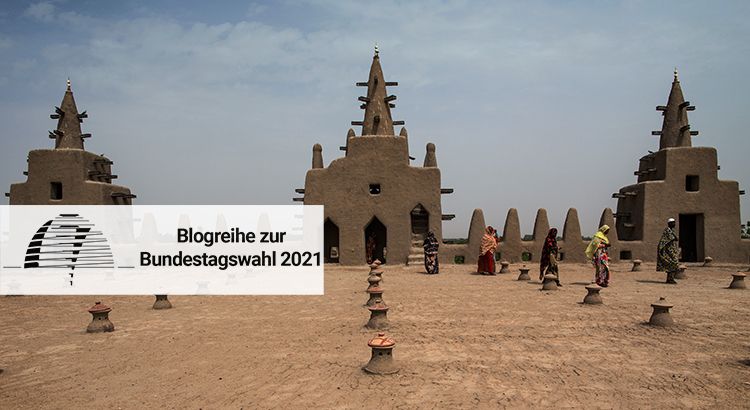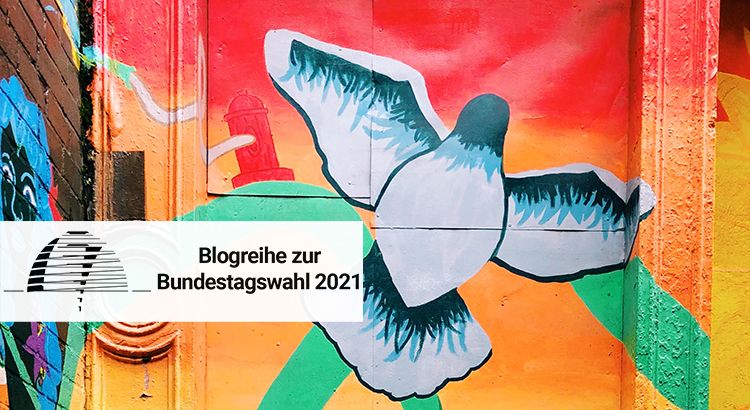Schlagwort: Wahlen
The results of the Lebanese parliamentary elections on May 17 showed a decrease in the number of seats claimed by Hezbollah and its supporters, and increases favoring the non-partisan reformist candidates supporting the October 17 protests of 2019. These developments reflect the growing will for change towards a democratic civil society in Lebanon, but they do not come without significant challenges. This blog examines the results of the Lebanese parliamentary elections and discusses the political difficulties in the coming phase; arguing that, given the risks of a power vacuum, the best possibility of democratic states is to support reformist representatives.
Elections in the Philippines: A Vote for Continuity?
In a few days, on May 9, 2022, the Philippines will elect the successor of outgoing President Duterte. The most likely candidate to become the new president of the Philippines is Ferdinand “Bongbong” Marcos Jr, the son of former dictator Ferdinand Marcos. The vice-presidency will most probably go the daughter of the current president, Sara Duterte-Carpio, whose father is responsible for the brutal drug war of recent years. How did this happen, and what does it say about the state of democracy in the Philippines?
Maghreb policies of Marine Le Pen vs Eric Zemmour: the victory of the „normalized“ far right?
As the first turn of the French presidential election on April 10th comes closer, two far-right candidates have drawn all the attention: Marine Le Pen and Eric Zemmour. This article argues that their approach toward French-speaking Maghreb countries (Algeria, Tunisia, and Morocco) is symptomatic of the difference between a “normalized” and an always more radical far right: while Le Pen seeks to position herself as a serious and pragmatic international partner, Eric Zemmour risks credibility by focusing on resentment about the Algerian war of independence and on the “decline of French” civilization caused by the “migrative invasion” from Muslim North-Africans.
#GambiaDecides2021: A Sign of Democratic Hope?
Wherever you go in the Gambia, you will find people in the streets chattering about the presidential election surrounded by an air of excitement. Gambians call this chatter ‘gisgis’ and it is all about politics these days. On 4 December 2021, Gambians went to the polls. The first elections without the former 22 year-long president Yahya Jammeh contesting passed peacefully. His successor Adama Barrow, elected in 2016 quite surprisingly, was confirmed in power. With that, the Gambia passed a litmus test: having decided for continuity in times of change, Gambians send a strong signal of democratic practice to the region.
Der Koalitionsvertrag von SPD, Grünen und FDP zur Außen- und Sicherheitspolitik
Der Koalitionsvertrag von SPD, Bündnis 90/Die Grünen und FDP steht. Auch wenn über den Verlauf der Verhandlungen wenig nach außen drang, lässt sich ohne Kühnheit vermuten, dass es zu anderen Themen mehr Streit gab als zur Außen- und Sicherheitspolitik. Das Maß an Kontroverse zeigt aber nicht unbedingt die Wichtigkeit eines Themenfelds. Dieser Beitrag greift auf einige der Themenfelder zurück, die im Rahmen der Blogreihe zu den Wahlprogrammen beleuchtet wurden, und bewertet auf dieser Basis den Koalitionsvertrag, dessen Umsetzungsmöglichkeiten und mögliche Konfliktfelder der neuen Koalition. Es geht um Rüstungsexporte und Auslandseinsätze der Bundeswehr, zivile Krisenprävention und feministische Außenpolitik sowie den Umgang mit China und Afrika.
Die Parlamentswahlen in Kirgistan: Ein weiteres wichtiges Puzzlestück im erneuten Autokratisierungsprozess?
Am 28. November 2021 wird die kirgisische Bevölkerung über ein neues Parlament abstimmen. Seit den letzten politischen Unruhen nach den Parlamentswahlen im Oktober 2020 befindet sich die Republik in einem politischen und sozialen Umbruch. Eine neue Verfassung und ein neues Wahlsystem wurden verabschiedet, mehr als 400 Gesetze werden einer Revision unterzogen und die Zivilgesellschaft und Opposition stehen verstärkt unter Druck.
Mit Außenpolitik kann man keine Wahlen gewinnen, ohne Außenpolitik aber keine Zukunft
Als inhaltsleer wurde der gegenwärtige Wahlkampf schon oft und nicht zu Unrecht geschimpft. Doch auch wenn in den letzten Wochen Sachthemen stärker in den Vordergrund getreten sind, fällt eine eklatante Leerstelle ins Auge: Trotz Klimanotstand und Afghanistandesaster finden außenpolitische Themen keinen Eingang in die öffentlichen Auseinandersetzungen der Kandidat.innen und ihrer Parteien. Wie diese Blogserie zur Bundestagswahl aber zeigt: Es herrscht kein Mangel an außen- und sicherheitspolitischen Handlungsbedarfen und die Wahlprogramme decken diese oft eher pflichtschuldig, selten tiefgründig ab. Dabei kann sich Deutschland eine solche Leerstelle nicht leisten. Außenpolitik ist zu zentral, um öffentlichen Streit darüber zu vermeiden!
Zäsur ohne Konsequenz: Die deutsche Russlandpolitik und das Ende der Ära Merkel
Mit Außenpolitik sind keine Wahlen zu gewinnen. Dennoch kommt man am Thema Russland nicht vorbei – ob es um internationale Konflikte wie Syrien oder Afghanistan, die gemeinsame osteuropäische Nachbarschaft, Energiesicherheit oder politische Einflussnahme in westlichen Staaten geht. Das nie dagewesene Ausmaß der Repressionen und Wahlmanipulation bei der Dumawahl im September oder die Neuauflage des Militärmanövers „Sapad“ mit dem Pariastaat Belarus machen deutlich, dass das Regime in Moskau seinen Geltungsanspruch nach innen wie nach außen in absehbarer Zeit nicht mindern wird. Es ist also nur eine Frage der Zeit, bis sich die neue Bundesregierung zu Putins Russland verhalten muss.
Mehr Peacebuilding wagen? Die Parteipositionen zu Konfliktbearbeitung und Friedensförderung im Vergleich
Frieden ist weitaus komplexer als nur das Schweigen der Waffen. Die Herstellung friedlicher Lebensumstände ist damit nicht mit der Vereinbarung einer Waffenruhe vollzogen. Zu einem nachhaltig friedlichen Leben gehören auch die entsprechenden gesellschaftlichen, politischen und sozio-ökonomischen Bedingungen. Dieses umfassende Verständnis von Frieden macht Peacebuilding, verstanden als Konfliktbearbeitung und Friedensförderung, so herausfordernd, wie auch das Beispiel der Sahel-Region zeigt. Welche Ideen und Ziele formulieren die aktuell im Bundestag in Fraktionsstärke vertretenen Parteien in ihren Wahlprogrammen und wie sehen sie Deutschlands Rolle in der Welt?
Krisenprävention als Schwerpunkt deutscher Außenpolitik? Ein Blick in die Wahlprogramme der Parteien
Kurz vor der Bundestagswahl 2017 wurden die Leitlinien „Krisen verhindern, Konflikte bewältigen, Frieden fördern” beschlossen. Sie machen Krisenprävention zu einem zentralen Anliegen deutscher Außenpolitik. In den Wahlprogrammen zur Bundestagswahl 2021 hingegen ist dies eine Legislaturperiode später nur zum Teil angekommen. Vorschläge zur Stärkung der zivilen Krisenprävention und institutionelle Reformideen, wie die Einführung eines Nationalen Sicherheitsrats und einer Friedensverträglichkeitsprüfung, lassen dennoch auf mehr Aufmerksamkeit und positive Impulse in diesem Politikfeld hoffen.
